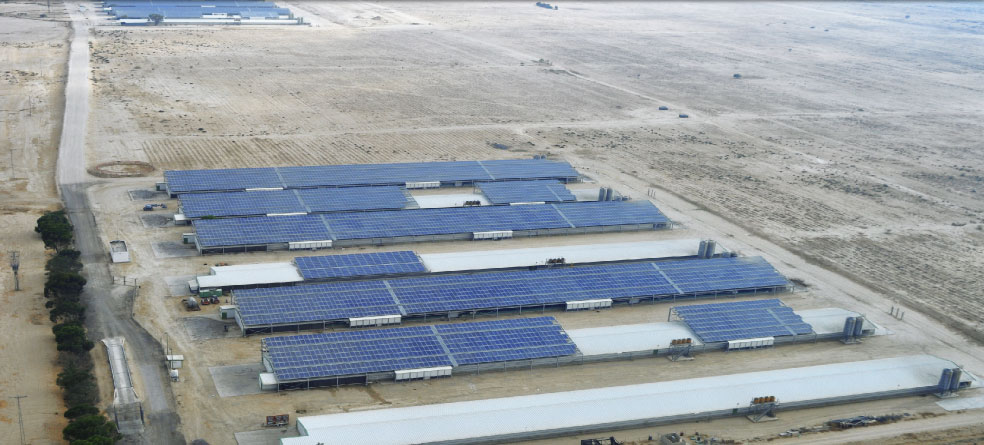The government of Israel is planning to launch a new scheme for rooftop PV installations soon, which is expected bring around 1.6 GW of new solar capacity online over the next three years.
According to information provided to pv magazine by Eitan Parnass, founder and director of Israel’s Green Energy Association, the new scheme is aimed at helping the country achieve its 2020 renewable energy target, which is a 10% share in total energy consumption, based on a solar energy contribution of 3.5 GW.
Under the new scheme, which is currently under a public hearing, PV installations up to 15 kW will be eligible to access the net metering scheme, or to apply for a 25-year FIT contract at a tariff of 0.39 ILS ($0.111)/kWh. This FIT will not be indexed to inflation.
Furthermore, the scheme will support PV systems ranging in size from 15 to 50 kW, with a 25-year FIT of 0.33 ILS ($0.094)/kWh.
As for net metering, Eitan said that there are still around 285 MW of projects that can be realized before the original 400 MW cap set by the government will be reached.
Projects up to 5 MW will be still entitled to be developed under this mechanism; ground-mounted installations will not be entitled, however, as per the prior regulation.
A new grid fee covering storage costs will also be introduced, which is expected to total 0.03 ILS ($0.008)/kWh.
Israel currently has an installed PV capacity of 1 GW. Another 1 GW is expected to come from a series of six tenders totaling 1 GW, which was launched this year and will run through 2018.
Of the current installed capacity, around 200 MW comes from PV projects exceeding 12 MW, while the remaining power is represented by residential installations up to 15 kW (50 MW), commercial installations ranging in size from 15 kW to 50 kW (240 MW), and distributed generation PV plants up to 12 MW (315 MW).
This content is protected by copyright and may not be reused. If you want to cooperate with us and would like to reuse some of our content, please contact: editors@pv-magazine.com.




1 comment
By submitting this form you agree to pv magazine using your data for the purposes of publishing your comment.
Your personal data will only be disclosed or otherwise transmitted to third parties for the purposes of spam filtering or if this is necessary for technical maintenance of the website. Any other transfer to third parties will not take place unless this is justified on the basis of applicable data protection regulations or if pv magazine is legally obliged to do so.
You may revoke this consent at any time with effect for the future, in which case your personal data will be deleted immediately. Otherwise, your data will be deleted if pv magazine has processed your request or the purpose of data storage is fulfilled.
Further information on data privacy can be found in our Data Protection Policy.